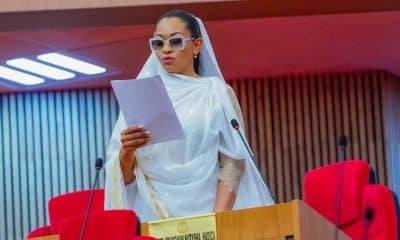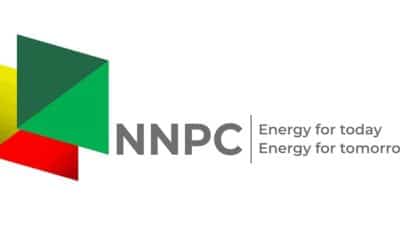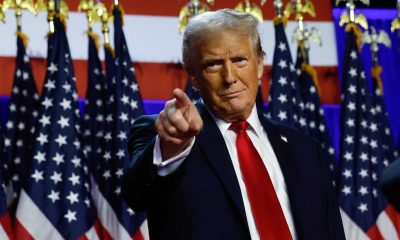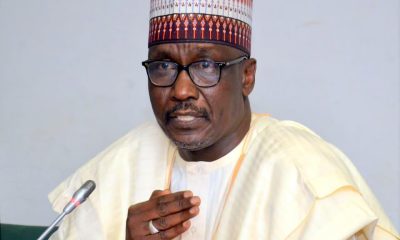Nigeria News
UK Parliament To Debate Sanction Against Buhari Govt
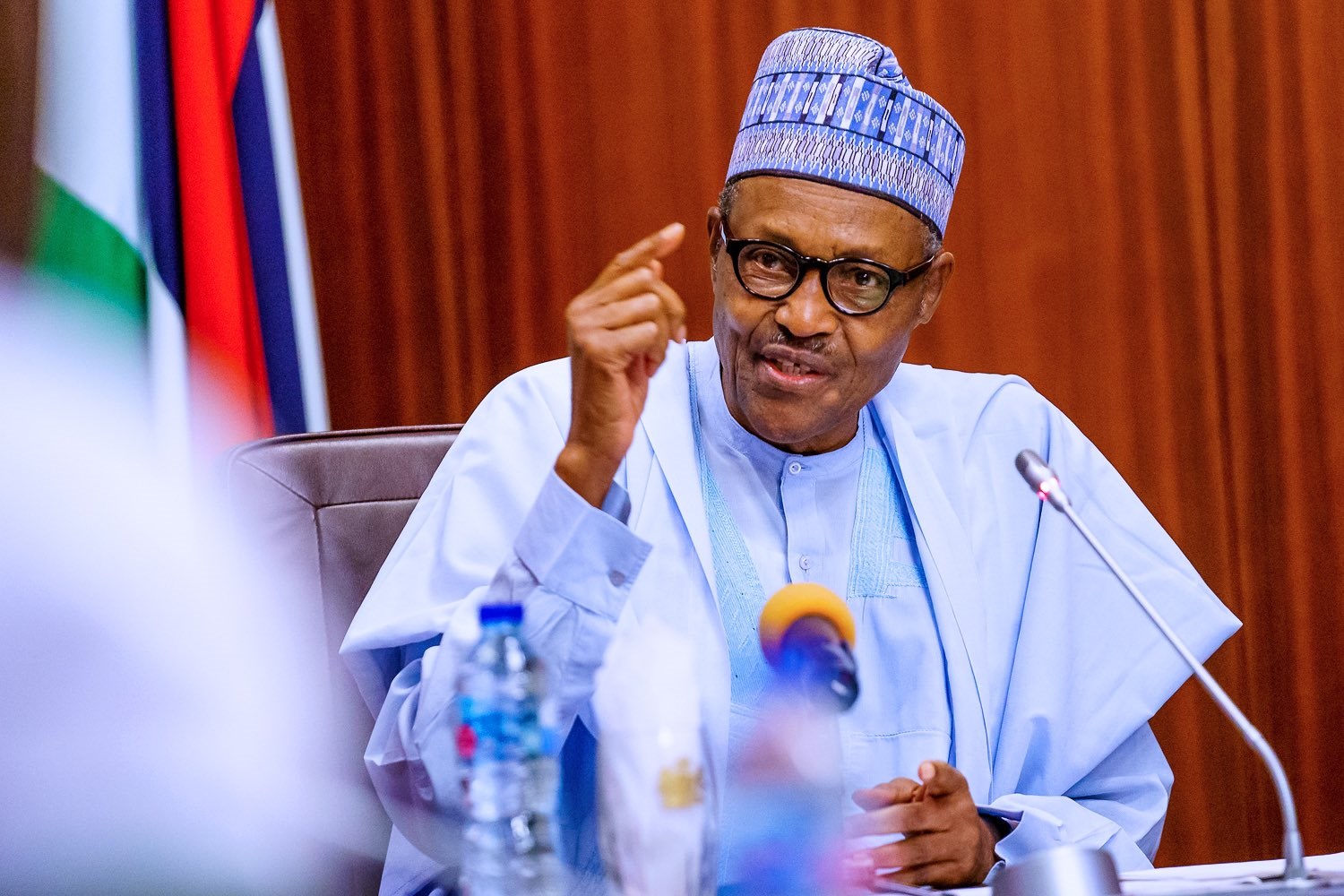
The United Kingdom Parliament is set to debate a petition presented to it which called for sanctions against the Nigerian Government and its officials over cases of human rights violation during the #EndSARS movement.
According to Sahara reporters, members of the Parliament will hold a debate on Magintsky sanctions and human rights abuses today (Wednesday) at the Westminster Hall.
The debate which will start at 2:30 pm (1.30 pm Nigerian time) will be led by parliamentarian Chris Bryant.
Naija News recalls that a petition was filed in October 2020, which condemned the illegal activities of the now-disbanded unit of the Nigeria Police force, Special Anti-Robbery Squad (SARS) which led to a protest and consequent killing of peaceful protesters by members of Nigeria’s security force.
The petitioners argued that deploying sanctions against the government would serve as a deterrent to anyone involved in human rights abuses.
It reads, “Implement sanctions against the Nigerian Government and officials
“The Government should explore using the new sanctions regime that allows individuals and entities that violate human rights around the world to be targeted, to impose sanctions on members of the Nigerian government and police force involved in any human rights abuses by the Nigerian police.
”There have been deeply concerning reports of a Nigerian police force unit (SARS) engaging in illegal activities and human rights abuses, and there have also been reports of police firing at protestors calling for SARS to be disbanded.
“Deploying sanctions would provide accountability for and be a deterrent to anyone involved in violations of human rights.”
All petitions run for six months and by the time the petition closed, it had gathered 221,258 signatures and the United Kingdom government responded on November 11, 2020.
Responding in a statement issued by the Foreign, Commonwealth & Development Office, the government said it is concerned by violence during the protests and was waiting on the outcome of Nigerian investigations into reports of police brutality.
The response stated, “The UK Government is deeply concerned by violence during recent protests in Nigeria, which tragically claimed lives. Our thoughts are with the families of all those affected.
“The Foreign Secretary issued a statement on 21 October calling for an end to the violence and for the Nigerian Government to urgently investigate reports of brutality by its security forces and hold those responsible to account.
“The Minister for Africa tweeted on 16 October, noting that the Nigerian people’s democratic and peaceful calls for reforms, and again on 21 October, encouraging the Nigerian authorities to restore peace and address concerns over brutality towards civilians.
“He reiterated these messages when he spoke to Foreign Minister (Geoffrey) Onyeama on 23 October. The British High Commissioner in Abuja has also raised the protests with representatives of the Nigerian Government and will continue to do so.
“We welcome President Buhari’s decision to disband the Federal Special Anti-Robbery Squad (FSARS) and the establishment of judicial panels of inquiry to investigate alleged incidents of brutality by the security services.
“They must investigate all incidents, including in Lagos, fully. The Minister for Africa tweeted on 29 October stressing the importance of the police and military’s cooperation with the panels. He raised this, and the need for the panels to urgently start investigations, when he spoke to the Governor of Lagos on 11 November.
“The UK Government will continue to work with the Nigerian Government and international and civil society partners to support justice, accountability and a more responsive policing model in Nigeria.
“We will continue to push for the Nigerian security services to uphold human rights and the rule of law, investigate all incidents of brutality, illegal detentions and use of excessive force, and hold those responsible to account.
“On 6 July, the Government established the Global Human Rights sanctions regime by laying regulations in Parliament under the Sanctions and Anti-Money Laundering Act 2018.
“In a statement to Parliament, the Foreign Secretary set out in full the scope of the UK’s new Global Human Rights sanctions regime. He announced the first tranche of designations, as well as the Government’s approach to future designations.
“This sanctions regime will give the UK a powerful new tool to hold to account those involved in serious human rights violations or abuses.
“The sanctions regime is not intended to target individual countries. It will allow for sanctions to be imposed on individuals and entities involved in serious human rights violations or abuses around the world.
“We will continue to consider potential designations under the Global Human Rights sanctions regime. It is longstanding practice not to speculate on future sanctions designations as to do so could reduce the impact of the designations.
“The UK Government will keep all evidence and potential listings under close review.”



